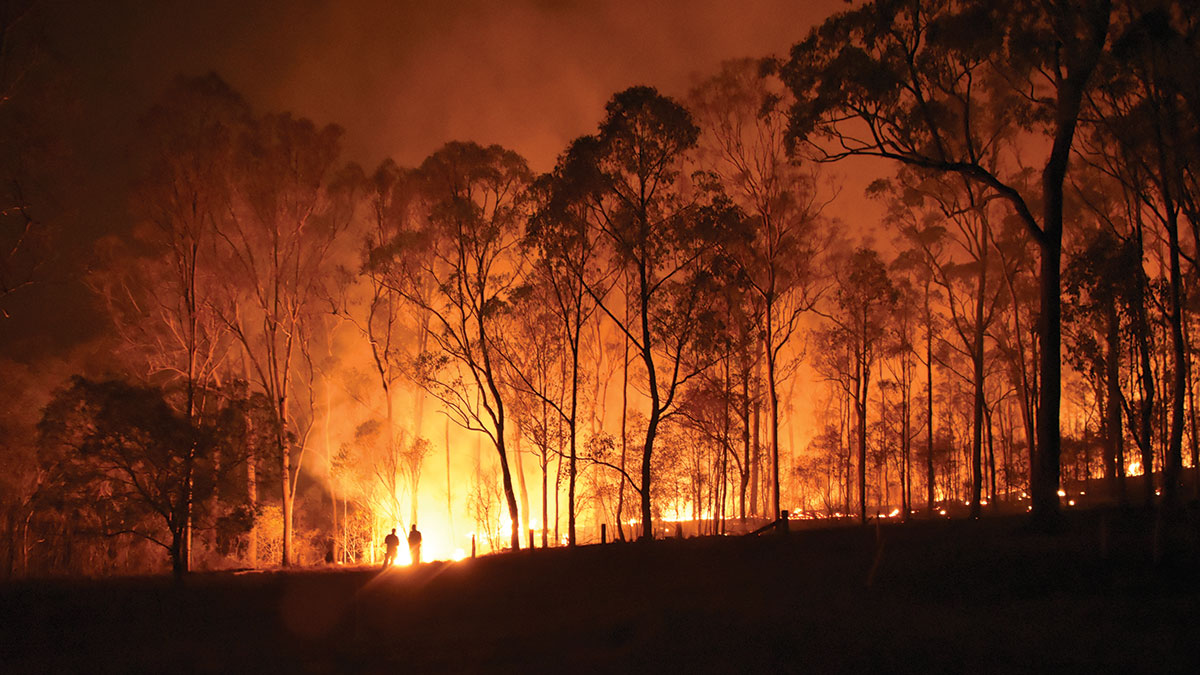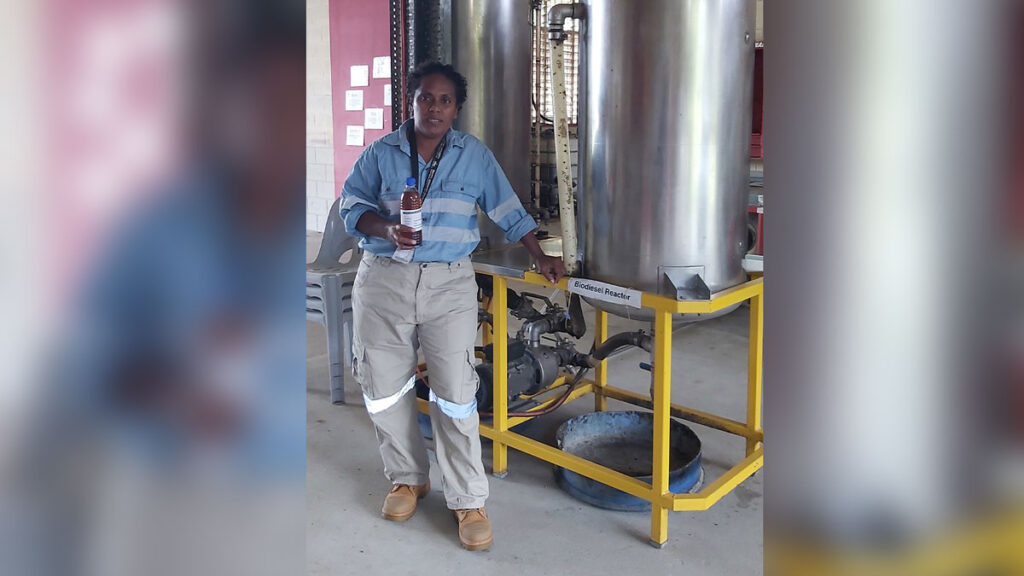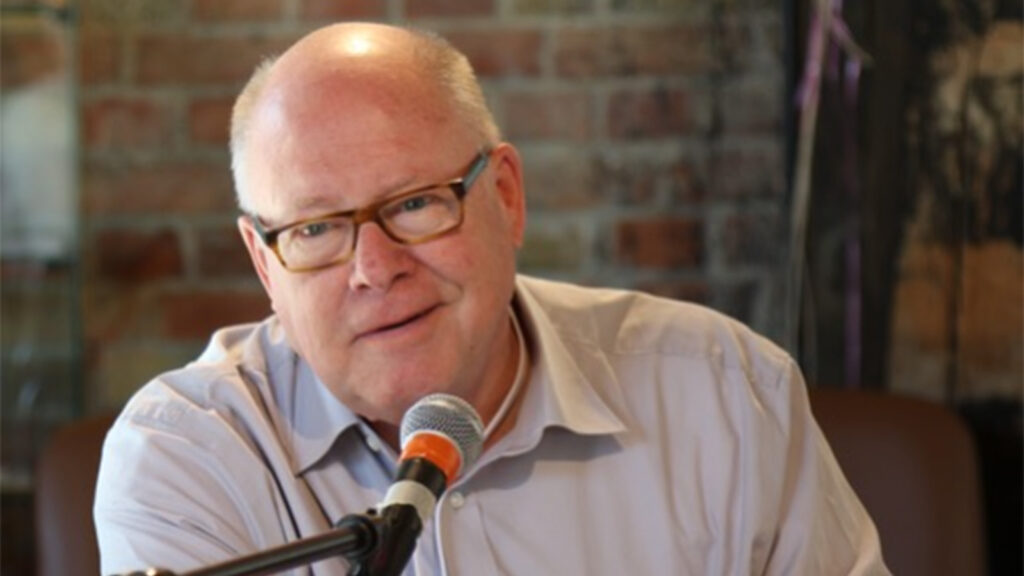Finally, in early March, we heard that there were no active bushfires remaining in NSW. After six months of burning across a number of states, destroying lives, wildlife and businesses, the fires have been extinguished and much-needed rain has arrived.
The devastation wrought by Australia’s bushfires this fire season was unprecedented. The unrelenting smoke haze created haunting red skies and toxic air quality like we’ve never experienced before.
It was a wild summer.
The fires were politicised and the media went into a climate change frenzy. As human nature often does, now that the danger is not as immediate, people seem to be “cooling off” on the idea of climate change.
The next frenzy is coronavirus. Disasters keep coming and people keep getting flustered.
Back to climate change. It has been interesting to see the growth of urgency and commentary on the widespread, wholesale changes that people say need to happen. There’s a strong sense of injustice about people acting selfishly and placing profit and pleasure before others, their wellbeing and the environment.
These are all things our Christian faith speaks against: pillaging the earth, taking advantage of the vulnerable, placing profit before people. Our faith community has a strong prophetic voice, and for a long time we have looked for signs that the world might be ending—signs that many in the community might say are being fulfilled in this day and age.
In fact, we should feel some sense of solidarity with our brothers and sisters who are campaigning for the climate; and relate to their frustration at the apathetic response. They may be asking themselves: Why does it take such unmitigated disaster for people to be interested in change?
We could ask ourselves the same question. Where has our urgency gone? We believe the planet is being destroyed, that many are living beyond their means and worshipping at the wrong altars. We want to see wholesale change. We want the Bridegroom to return, but are our lamps full or are we asleep at midnight?
There are two points I want to make here. One is a marketable difference that we have over the doomsday predictions. At the centre of our message is hope. [pullquote]
We believe that no matter how bad things get, the hope that we have is greater than our anxiety, stronger than calamity. God is the ultimate Victor and has a greater plan and purpose for our lives than existentialism or nihilism. Let me make this clear: I’m not saying that we should therefore abandon the world to its destruction, only working for our own salvation and shutting out those who may believe differently. In fact, the climate crisis provides us with a great opportunity to work alongside others to care for God’s creation, and perhaps point them to our Creator.
The second, and perhaps more challenging lesson that this scenario teaches us, is that while there is a lot of noise about climate change, few people are uncomfortable enough to change their habits. They rant and rail against big business, the developing world or coal power, but refuse to stop eating meat or have their own livelihood and comfort impacted.
In a similar way, our old urgency about Christ’s return has waned, and those of us who do still emphasise that part of the message often seem alarmist or out-of-touch with other realities.
There has been a lot of talk about those who are leaving the Church, but are we who remain modelling what living in hope and expectancy actually looks like? Are we living like we believe everyone needs to know Jesus or do we act like the message of Jesus, while it may be true, will interrupt our comfort?
At the end of the day, if we call ourselves Adventist, whatever we believe about climate change, we should love God, love others and care for God’s creation.
The same outpouring of prayer and support that motivated us to give to help those affected by the bushfires should be the same energy we pour into the communities around us that don’t know Jesus.






